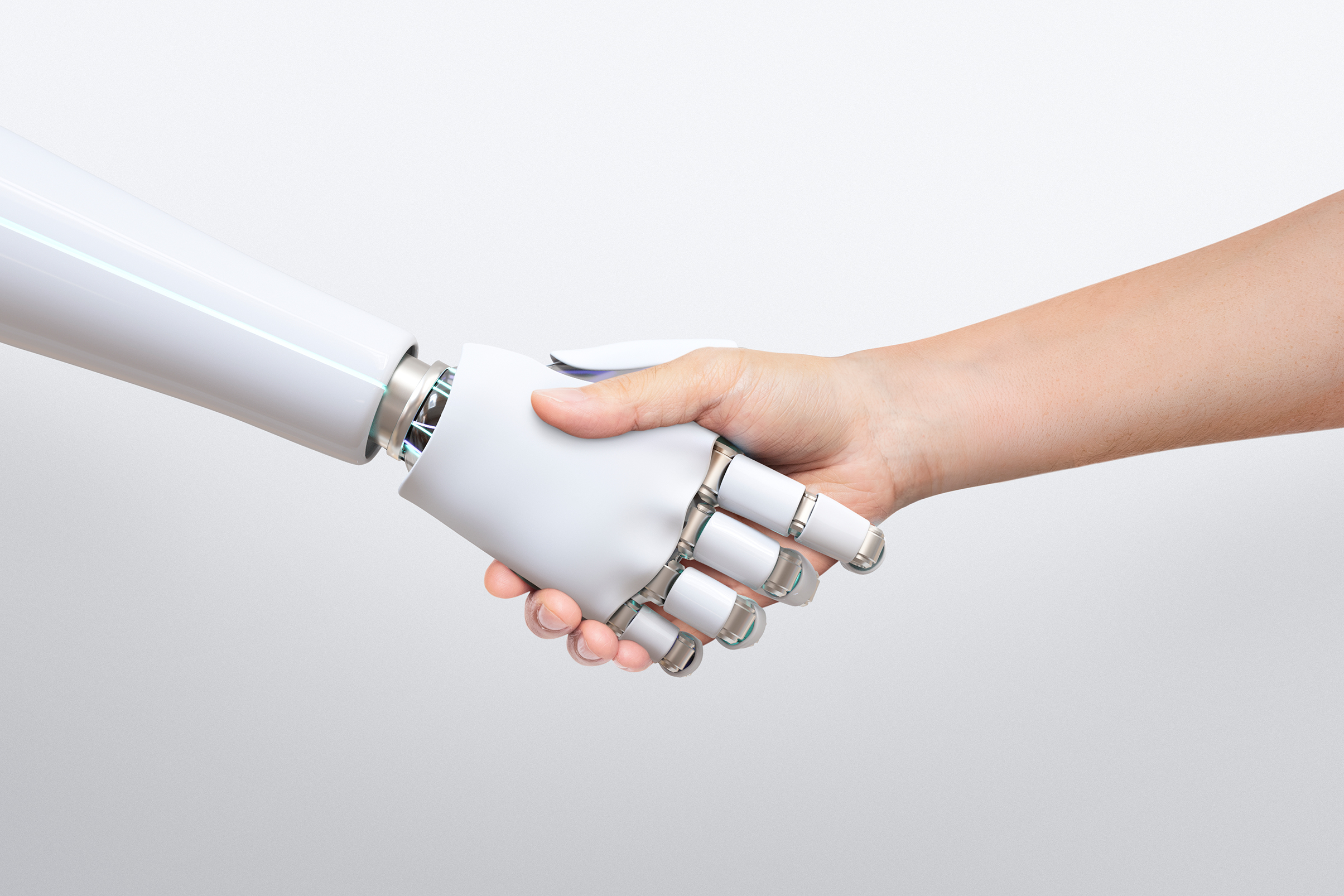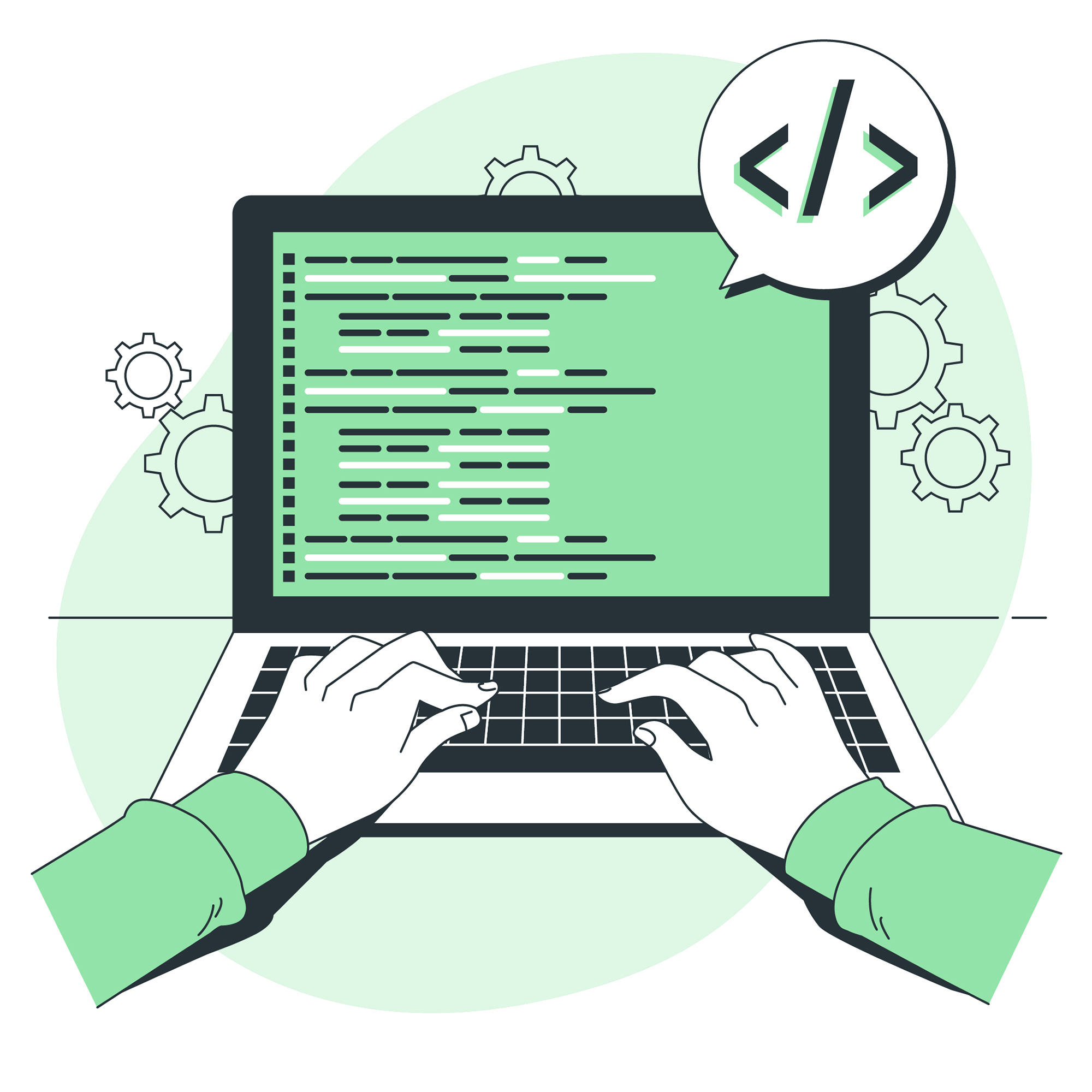AI is reshaping cloud services, enabling organizations to leverage intelligent algorithms to automate processes, optimize resources, enhance decision-making, and improve customer experiences. By embedding AI capabilities in cloud platforms, providers are offering businesses advanced tools for predictive analytics, automation, and more efficient infrastructure management.
- Predictive Analytics
Cloud platforms are integrating AI to offer predictive analytics capabilities. AI algorithms analyze historical data and generate insights that help businesses forecast future trends, customer behaviours, demand, and potential issues.- Implications for businesses: Businesses can make data-driven decisions, identify patterns early, and optimize supply chains, marketing strategies, and product development.
- Automated Resource Management
AI-driven cloud platforms dynamically manage resources, automating the allocation of compute power, storage, and bandwidth based on real-time demand. This is achieved through tools like AWS Auto Scaling and Azure’s Autoscale, which utilize AI algorithms to predict workload needs and adjust resources accordingly.- Implications for businesses: AI-powered automation ensures optimized infrastructure utilization, minimizing wasted resources and costs. Businesses benefit from elastic, on-demand scaling without manual intervention.
- Enhanced Security and Threat Detection
AI in cloud services is transforming security by using machine learning (ML) models to identify abnormal patterns and potential cyber threats. Cloud providers like Microsoft Azure Security Center and AWS GuardDuty use AI algorithms for continuous monitoring, detecting anomalies, and automating threat response.- Implications for businesses: Enhanced security through AI-driven threat detection helps businesses protect sensitive data, prevent breaches, and maintain compliance with minimal manual oversight.
- AI-Powered Data Analytics and Insights
Cloud-based AI services, such as AWS Sagemaker, Google Cloud AI Platform, and Azure AI, offer machine learning as a service (MLaaS). These platforms allow businesses to build, train, and deploy AI models without deep technical expertise. AI-powered analytics tools extract actionable insights from unstructured data, such as text, video, and images.- Implications for businesses: AI democratizes data science by making sophisticated machine learning tools accessible to non-experts, empowering businesses to make informed decisions based on data insights.
- AI for DevOps and Automation
AI is automating DevOps tasks by optimizing software development pipelines, managing deployments, and monitoring systems. AI-driven tools, such as AWS CodeGuru and Azure DevOps, analyze code quality, identify bugs, suggest improvements, and automate routine tasks like testing and deployment.- Implications for businesses: AI accelerates development cycles, improves code quality, and reduces the risk of human errors, enabling faster time-to-market and continuous delivery of software.
- Natural Language Processing (NLP) and Conversational AI
AI-powered NLP tools in the cloud are improving customer interactions by enabling chatbots, virtual assistants, and advanced search features. Platforms like Google Dialogflow, AWS Lex, and Azure Cognitive Services allow businesses to create intelligent conversational agents that can understand and respond to user queries.- Implications for businesses: Improved customer service experiences and reduced costs through AI-driven chatbots and virtual assistants, which can handle customer queries, support, and transactions autonomously.
- AI-Enhanced Personalization and Customer Experience
Cloud AI is enabling personalized customer experiences through recommendation engines, real-time analytics, and dynamic content delivery. By analyzing user behavior and preferences, AI-powered systems can customize products, services, and experiences for individual users.- Implications for businesses: Enhanced customer engagement and loyalty through hyper-personalization, leading to increased sales and improved brand experiences.
- AI for Workflow Automation
AI is automating repetitive business processes such as data entry, invoice processing, and customer support. Cloud services integrate AI-driven robotic process automation (RPA) tools to handle routine tasks, freeing up human resources for more strategic work.- Implications for businesses: Increased operational efficiency and reduced costs by automating manual, time-consuming processes.
- AI-Driven IoT and Edge Computing
AI and cloud computing are powering IoT ecosystems, enabling real-time processing of data generated by devices at the edge of the network. AI processes data at the edge for immediate decision-making, reducing latency and improving performance for use cases like autonomous vehicles, smart cities, and industrial automation.- Implications for businesses: AI-driven IoT can improve operational efficiency, reduce downtime, and enable intelligent automation in industries such as manufacturing, healthcare, and transportation.
- 10. AI-Optimized Cost Management
Cloud AI tools are helping organizations optimize their cloud spend by analyzing usage patterns, identifying underutilized resources, and recommending cost-saving actions. Tools like AWS Cost Explorer and Azure Cost Management use AI to predict future costs and recommend the optimal resource allocation.- Implications for businesses: Improved financial management through AI-driven insights, allowing businesses to cut unnecessary costs and allocate resources more efficiently.




